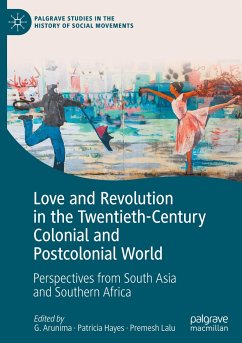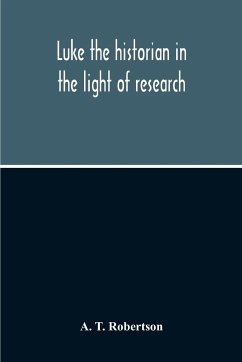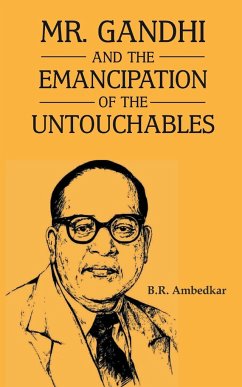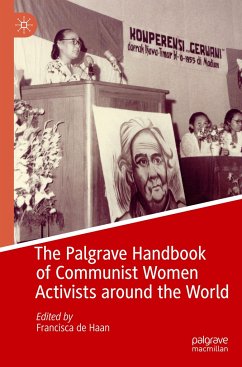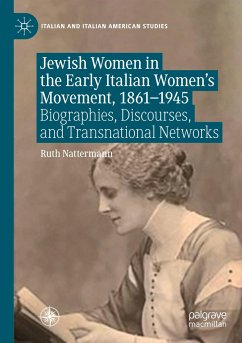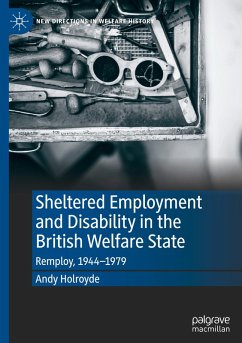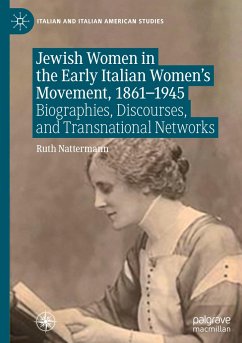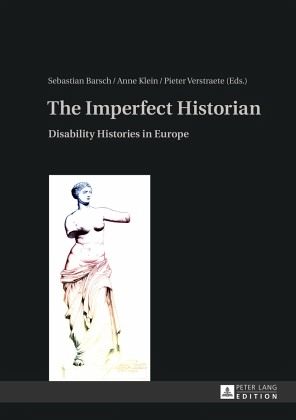
The Imperfect Historian
Disability Histories in Europe
Herausgegeben: Barsch, Sebastian; Klein, Anne; Verstraeten, Peter
Versandkostenfrei!
Versandfertig in 6-10 Tagen
68,95 €
inkl. MwSt.

PAYBACK Punkte
0 °P sammeln!
Winner of the DHA 2014 Outstanding Publication Award.Since the end of the 20th century, «disability» has become a new and effective research instrument. One of the most important fields that currently make use of «disability» as an analytical tool is history. In this collection of historical essays the editors have assembled innovative methodological approaches for doing disability history as well as new and inspiring case-studies. The book is structured into four main parts: Challenging methodologies, power and identity, travelling knowledge and emerging geographies. In close reference to...
Winner of the DHA 2014 Outstanding Publication Award.
Since the end of the 20th century, «disability» has become a new and effective research instrument. One of the most important fields that currently make use of «disability» as an analytical tool is history. In this collection of historical essays the editors have assembled innovative methodological approaches for doing disability history as well as new and inspiring case-studies. The book is structured into four main parts: Challenging methodologies, power and identity, travelling knowledge and emerging geographies. In close reference to on-going theoretical discussions it not only contributes heavily to the understanding of how and why «disability» became a problem for human societies. At the heart of the reader one also finds the preoccupation of promoting the potentiality of «disability» for future historical research.
Since the end of the 20th century, «disability» has become a new and effective research instrument. One of the most important fields that currently make use of «disability» as an analytical tool is history. In this collection of historical essays the editors have assembled innovative methodological approaches for doing disability history as well as new and inspiring case-studies. The book is structured into four main parts: Challenging methodologies, power and identity, travelling knowledge and emerging geographies. In close reference to on-going theoretical discussions it not only contributes heavily to the understanding of how and why «disability» became a problem for human societies. At the heart of the reader one also finds the preoccupation of promoting the potentiality of «disability» for future historical research.





